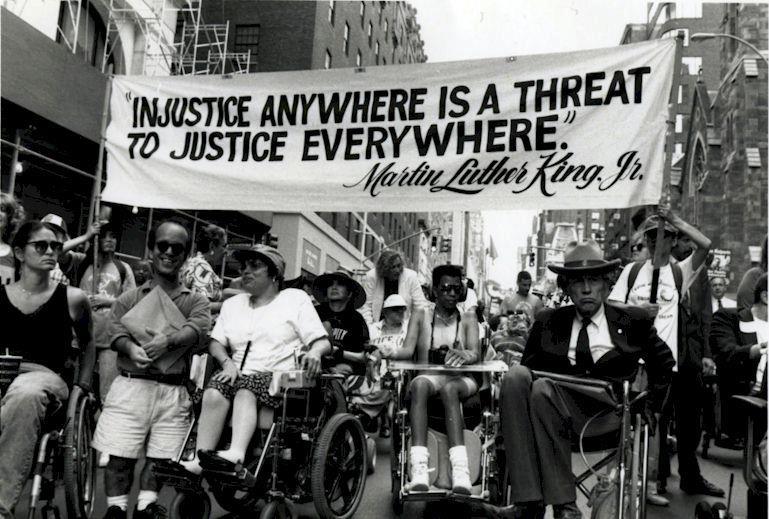I love learning. I had to stop college for a variety of reasons (and I’m still bitter about this) but I still love learning new things. Stuff like the wonderful new technology, podcasts, help me continue learning (I can’t move my arms to turn the pages of books).
I cope with my situation by trying to learn as much as possible. And I love history. I’m obsessed with history lately. That’s how I found history podcasts.
My favorite history podcasts are:
- Hardcore History. Talk show host (and former military history major) Dan Carlin does a great job discussing both the famous and less known events in history. He is at his best when he gives weird new angles to things. Needs to do more podcasts.
- History According to Bob. History professor Bob Packett gives some of the most in-depth, interesting, engaging historical narratives. And he podcasts every day.
- Napoleon Podcast. A Napoleon geek in Australia teams up with Napoleon author, Prof. David Markham to bring you this ride through Napoleonic history (isn’t this technology amazing?!) Each episode (released about monthly) examines part of Napoleon’s life. They have a very pro-Bonaparte slant for the most part, and this is very debatable (as even they would acknowledge) but it is a fascinating examination of a pivotal era.
- American History Before 1870. Dr. Gretchen Ann Reilly at Temple College in Temple, TX puts her lectures into podcasts (more professors should do this!) I love her enthusiasm for history and when she finds humor in it. And the overview is great.
Even though I’m relatively well-versed in U.S. history, I learned lots of things I didn’t know before, like:
– Christopher Columbus came to the New World with letters for the Emperors of Japan and China saying Spain wanted to open trade negotiations! I knew Columbus wanted to find a trade route to Asia, but I didn’t know Ferdinand and Isabella were so confident he’d find it that they sent letters specifically addressed to the Emperors of Japan and China.
It’s also interesting that we were founded on the idea of trade with China, and today, trade with China defines so much of our daily lives.
– I had no idea that the origin of the word “slave” is “Slav.” Fascinating.
Who was enslaving the Slavs? the Byzantines?
– Some of the original colonists were convicts. This feeds my image of America as forming from a raucous, diverse collection of pirates, prostitutes, convicts, debtors, exiles, political radicals and (perceived) religious extremists expelled from England, diamonds in the rough, fringers and innovators that Europe wasn’t quite ready for. This gives Americans a unique (and arguably, problematic) character that has allowed us to be so influential in history.
I wonder: about what percentage of colonists were actually criminals?
– I also didn’t know the details of the various American Indian tribe rebellions.
Did any of you see this in the New York Times? America’s Guardian Myths
It discusses how 9/11 wasn’t the first time Americans were attacked on home soil, we were under siege with Indian revolts for years, and the experience (and our backlash in response) shaped our identity and culture. Today we are tapping into a similar backlash. Is fear part of our national character? Check it out.
Nick
